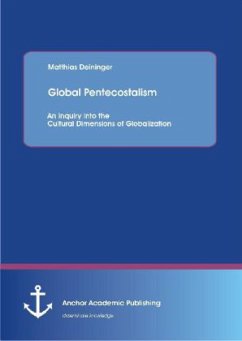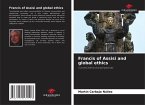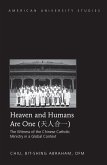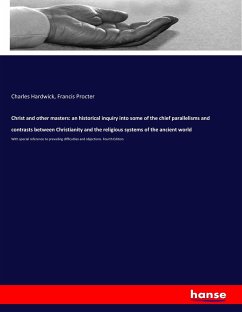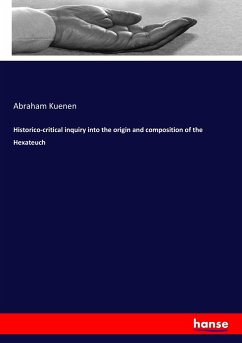The rapid global expansion of Pentecostal Christianity is one of the most striking religious phenomena in our contemporary world. Today, Pentecostalism is by no means some marginal or peculiar denomination within world Christianity. It is not simply a niche product in the global religious market, but the most dynamic and fastest growing religious movement within the contemporary Christian world. From Singapore over Brazil to Ghana, Pentecostal Christians are historically and presently rooted in many cultural contexts throughout the world. As such, Pentecostalism is a religious movement that is both shaped by globalization processes, but also a major contributor to the globalization of religion.
Until recently, social-scientific approaches to Christianity have often been informed by a rather selective understanding of Christianity, stressing its ascetic components premised on a body-spirit dualism and seeing its importance mainly as a harbinger of secular modernity. Hence, where Christianity was studied outside the West it has usually been peripheral and viewed as an alien intrusion, undermining local cosmologies. However, rather than a religious rejection of the world, Pentecostalism accommodates to the world and modernity. It transcends locality by promulgating a universal imaginary of the world , while at the same time incorporating itself successfully into the socio-cultural contexts of any new cultures it encounters. The fundamental fluidity of the transnational Pentecostal network is conducive for its flexibility to react on the enormous upheavals and changes in a globalized world and to accommodate to them in constructive ways. Thus, Pentecostalism can be regarded as a paradigmatic case of a glocalized religion: it has the ability to adapt itself to local conditions while maintaining and preserving its distinct religious features at the same time.
This study focuses on the different theoretical attempts made to explain the massive global expansion of Pentecostalism, and its relation to broader processes of globalization. It discusses to what extent and in what complex ways the Pentecostal movement is interrelated to processes of cultural globalization. By looking at the internal religious characteristics of Pentecostal discourse and discursive practices, and their articulations within the external circumstances of globalization, it tries to untangle some of the complexities that emerge when theorizing the globalization of Pentecostalism.
Until recently, social-scientific approaches to Christianity have often been informed by a rather selective understanding of Christianity, stressing its ascetic components premised on a body-spirit dualism and seeing its importance mainly as a harbinger of secular modernity. Hence, where Christianity was studied outside the West it has usually been peripheral and viewed as an alien intrusion, undermining local cosmologies. However, rather than a religious rejection of the world, Pentecostalism accommodates to the world and modernity. It transcends locality by promulgating a universal imaginary of the world , while at the same time incorporating itself successfully into the socio-cultural contexts of any new cultures it encounters. The fundamental fluidity of the transnational Pentecostal network is conducive for its flexibility to react on the enormous upheavals and changes in a globalized world and to accommodate to them in constructive ways. Thus, Pentecostalism can be regarded as a paradigmatic case of a glocalized religion: it has the ability to adapt itself to local conditions while maintaining and preserving its distinct religious features at the same time.
This study focuses on the different theoretical attempts made to explain the massive global expansion of Pentecostalism, and its relation to broader processes of globalization. It discusses to what extent and in what complex ways the Pentecostal movement is interrelated to processes of cultural globalization. By looking at the internal religious characteristics of Pentecostal discourse and discursive practices, and their articulations within the external circumstances of globalization, it tries to untangle some of the complexities that emerge when theorizing the globalization of Pentecostalism.

